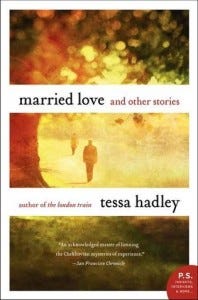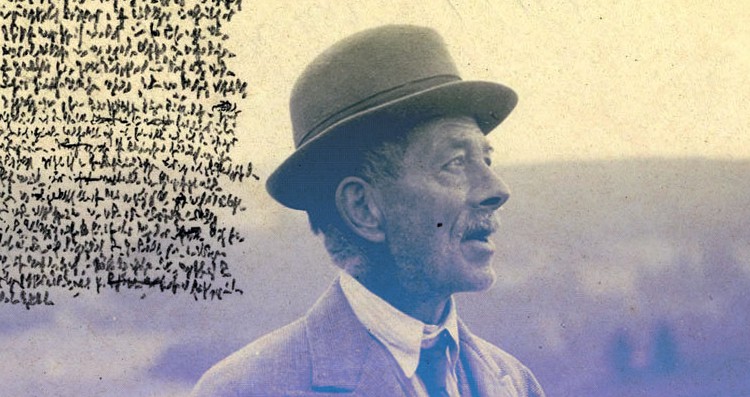Books & Culture
Review: Married Love and Other Stories, by Tessa Hadley

by Bonnie Altucher
Wayward girls reveal their inner lives in a luminous collection

I expected Married Love, Tessa Hadley’s second story collection, to be brilliantly crafted. She writes in a lucid and lyrical style, illuminating the suppressed intensity of her characters’ inner lives with a deftness that feels like clairvoyance. What’s new about these stories is their surprising wildness, like that of a friend whose intelligence and reliable sympathy give way to a thrilling naughty streak.
Hadley, who lives in Wales, first began to publish in her forties, after staying home to raise three children. The author of four novels as well as two collections, she has been gaining acclaim on both sides of the Atlantic. (Six of the dozen stories in Married Love previously appeared in The New Yorker.) I’ll venture a guess that this late emergence from a wholly domestic to public (published) sphere at least partly informs Hadley’s narrative preoccupation with painful or ecstatic self-exposure.
In “The Godchildren” an older woman displays herself in erotic poses for an invisible audience, her desire to be recognized as a sensual object trumping caution and dignity. Her astonished spectators “…dreaded her giving herself away any further, and yet willed her to do so….They didn’t dare look at one another, for fear of spurting out with laughter.” In “She’s the One,” an unlikely bond between a bereaved teenager and a frustrated middle-aged writer occurs through a mutual “spilling,” each woman determined to compel the other’s painful confidence.
“Pretending” invites us into the overheated world of two school-mates who have nothing in common but make-believe, an intoxication the unnamed narrator discovers when she is forcibly befriended by “naughty” Roxanne from the local Home. Roxanne is poor and neglected, a vaguely threatening other, but her “possession” of the narrator’s imagination is Byronic. While play-acting, the narrator “didn’t exactly stop knowing that we were in the real playground, pretending something, but a different life welled up from inside me.” Hadley zeroes in on the engrossing dirtiness of childhood fantasy: “We did childbirth first, moaning and writhing against the iron pillars and throwing our heads from side to side, having our brows wiped (mostly I moaned; Roxanne wiped and presided.)” Fascinatingly, “Pretending” works both as a realistic story of childhood influence, and a model of a writing mind divided into separate principals: the “safe” inhibited narrator, who relies for inspiration on the fearless demon-child, Roxanne.
The stories in Married Love tend to be shaped with a gestural looseness. “The flow of the story’s finding its way to its end should feel as unpredictable as a sequence of events in life itself,” Hadley says in an interview included in the paperback edition. A striking example of unpredictability concludes “A Mouthful of Cut Glass,” in which we revisit two sisters, Hilary and Sheila, who originally appear in Hadley’s terrific first collection, Sunstrokes. This episode centers on Sheila, smitten with her working-class college boyfriend, who provokes in her a “tension of thwarted longing” that is “somehow the whole character of their relationship.” Sheila’s frustrated longing for a man she already possesses has less to do with their class differences than with the mirage of possession. “The closer Neil came to her, the less familiar he was… (Sheila) wished that she could possess him as he only was when he was alone.” Satisfaction shimmers briefly in the final scene when clear-sighted younger sister Hilary enlists Sheila in a childish prank that breaks desire’s deadlock with an destabilizing rush of grace and mischief.
Hadley makes the connection between the sisters so believable and endearing that I was both elated by this ending and sorry to lose them. That may be the point of the subtle effect of estrangement that Hadley produces in her final paragraphs, the way the best portraits evoke what you don’t see and make you aware of the play of perspectives. This is another story where the two girls seem like stand-ins for the author herself, bringing her scenes of “thwarted longing” to a close in blissful waywardness.
Recommended if you liked: At Last by Edward St. Aubyn, The Lucky Ones by Rachel Cusk
***
— Bonnie Altucher writes fiction in Manhattan. You can find her here.









